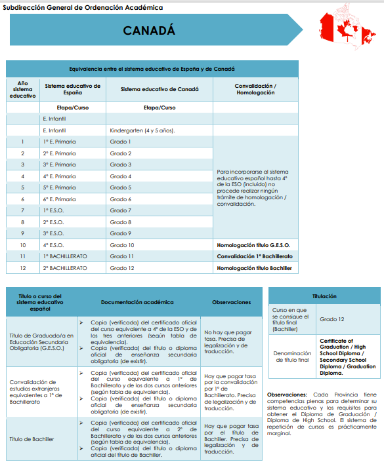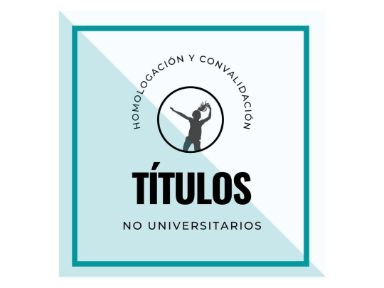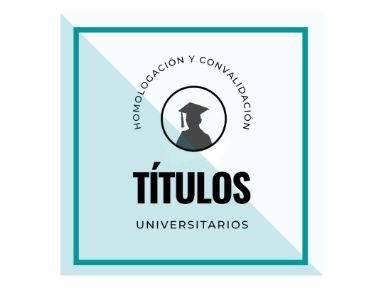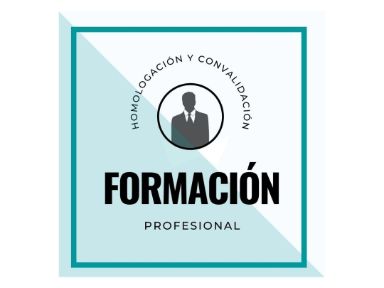- Canada
- Credential recognition
- Recognition of Canadian Credentials in Spain
Recognition of Canadian Credentials in Spain

Recognition, validation and equivalence of foreign credentials
Diploma recognition is granted if a person already holds a degree, meaning that he/she has previously completed a full program at a foreign university or higher education institution. Diploma recognition in Spain is, therefore, the official recognition of the equivalence of a degree obtained in another country to a Spanish degree. This procedure can be requested for academic and professional purposes, since it allows access to a higher academic level, such as a Master's degree, or to exercise a regulated profession in Spain.
The equivalence of a university diploma is the official recognition by Spain of the education and training followed in order to obtain a foreign degree of equal value to that obtained in a Spanish institution. It therefore allows you to practise your profession in Spain. However, this recognition only applies to non-regulated professions, which do not require a diploma recognition or validation.
Study validation is the official recognition of the validity of studies carried out abroad, whether or not they have been completed, in relation to the education system of the country that carries out the validation. In this case, certain subjects or disciplines can be recognised and the rest must be taken in the corresponding faculties of a Spanish university. Therefore, this process is only required for academic purposes, allowing the applicant to continue their studies in Spain. Once the non-validated subjects have been passed, the corresponding degree will be awarded.
Comparison between the Canadian and Spanish education systems
With regard to the recognition and validation of foreign non-university diplomas, the Ministry processes all applications, except for those residing in the autonomous communities of Galicia (more information), Cataluña (more information) and País Vasco (more information). The recognition/validation process is only required for courses equal to or higher than grade 10, since for lower grades, the student who has studied in Canada will be directly incorporated into the course that corresponds to him/her in Spain according to age and year of birth. This means that, in the case of Canada, the only courses that must be validated are those completed in grades 10, 11 and 12, according to the following table of equivalences.
Distinction between university and non-university studies, as well as vocational training
Please note that
- non-university studies include primary and secondary education, professional artistic education, higher artistic education, sports education and the Formation générale offered by a Collège d'enseignement général et professionnel (Cégép)
- university studies include studies undertaken at a university institution
- vocational training includes primarily college diplomas and technical trainings in various fields (basic vocational qualifications, technical qualifications and higher technical qualifications)
This information is important as the process differs according to the level and type of education.






